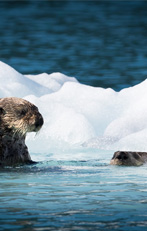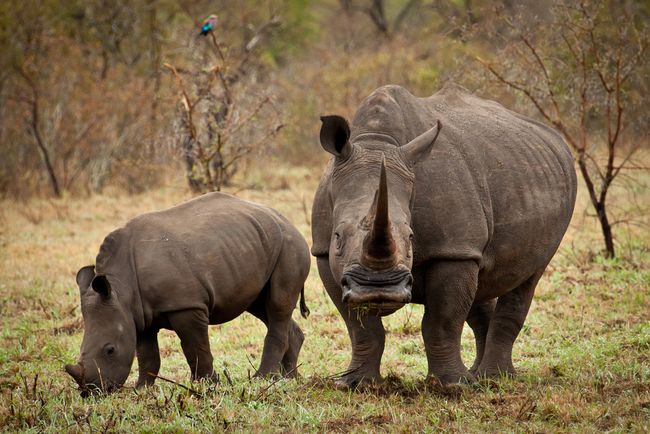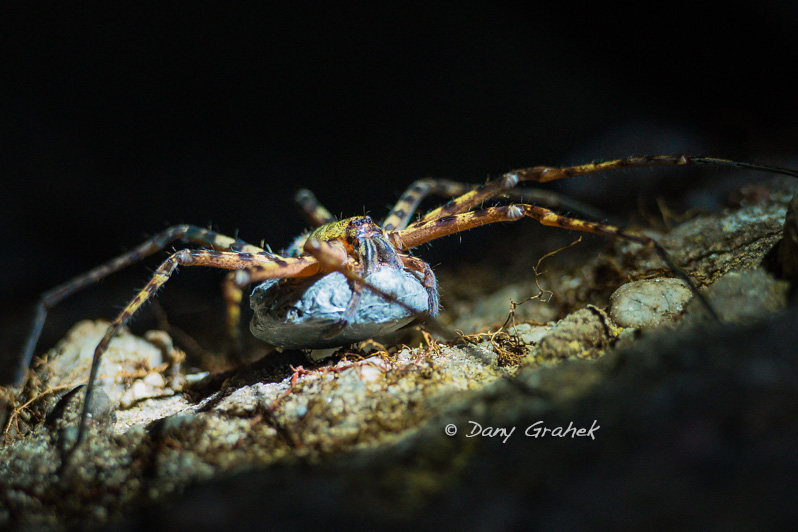


On March 28, 1994, Ionesco died in his residence in Paris, at the age of 84. He was also awarded a number of honorary doctorates during his lifetime, from the University of Leuven, the University of Warwick, the University of Tel Aviv and from New York University.

Ionesco was admitted into L'Académie Française in 1970. Ionesco received numerous awards and recognitions, including the Tours Festival Prize for film (1959), the Prix Italia (1963), the Society of Authors Theater Prize (1966), the Monaco Grand Prix (1969), the Grand Prix National for Theater (1969), the Austrian State Prize for European Literature (1970), and the Jerusalem Prize (1973).

Ionesco's career spanned four decades and included novels, stories, operatic adaptations, as well as essays and theoretical writings. It was during this period, too, that Ionesco was forced into a very public debate over this vision of theater with the famous English critic Kenneth Tynan.
#RHINOCEROS COM HOW TO#
He turned to full-length plays in 1954 with Amédée, or How to Get Rid of It, The Killer (1958), and Rhinoceros (1959).
#RHINOCEROS COM SERIES#
Recognized as one of the foremost practitioners of the Theater of the Absurd, he quickly produced an impressive series of one-act nonsense plays, including The Lesson (1951), The Chairs (1952), and Jack, or: The Submission (1955). Ionesco came to the theater relatively late in life, not writing his first play until 1948 ( La Cantatrice chauve translated as The Bald Soprano), which was first performed in 1950. His work during this period also included translating the works of Urmoz (1883-1923), a Romanian poet who is often considered an influential figure in surrealism and the literature of the absurd. They returned to Paris in the mid-1940s, where Ionesco worked in publishing. Returning to France in 1938 in order to complete his doctoral thesis, Ionesco and his family remained in Marseille during World War II. Ionesco married Rodica Burileanu in July 1936, and the two had a daughter, Marie-France, in August 1944. He went on to study French Literature at the University of Bucharest (1928-1933). Ionesco returned to Romania with his father in 1925 following his parents' divorce. Baptized as a Romanian Orthodox, Ionesco spent most of his childhood in France, living in Paris while his father continued his studies. AUTHOR BIOGRAPHYĮugène Ionesco was born Eugen Ionescu on November 26, 1909, in Slatina, Romania, to a Romanian father and a mother of French and Greek-Romanian heritage. Some audiences have embraced the implications of the powerful social message while others have balked at what they see as the overt didacticism of the play.Ī recent edition of Rhinoceros was published by Penguin in 2000. With its warning of how anyone might possibly fall victim to the pressures of conformity, the play has sparked varied and passionate reactions. (The first English production of Rhinoceros was directed by Orson Welles and starred Laurence Olivier.) But it was the 1961 Broadway production that starred Eli Wallach as Berenger and Zero Mostel as Jean that launched Ionesco to previously unimagined celebrity. Adapted from a short story of the same name, the play was first staged in Dusseldorf in October, 1959, and it is also the play that brought Ionesco's work to a global audience, premiering in Paris in 1960 and at the Royal Court in London later the same year. The sanctuary has become increasingly popular with tourists for Rhino Trekking, Shoebill Trek and Canoe Ride, Bird Watching, Night Walk, Nature Walk and Relaxation.In considering the entire body of Eugène Ionesco's writing, his full-length play Rhinoceros (1959) is recognized as the most fully articulated expression of his disgust with the tide of institutional and personal conformism that he saw as a rising force in the twentieth century. Presently the sanctuary is home to thirty two (32) southern white rhinos. Ziwa is the only place where you will be able to see rhinos in the wild. Ziwa is where the magic unfolds.Come join us in our little corner of paradise, we look forward to welcoming you all. Heads of cattle to another location in order to establish a Rhino SanctuaryĪbout ziwa book a trip Uganda’s Only Home Of Rhinos In The Wild The ranchwas privately owned by Captian RoyĪnd his family.In 2002, after lengthy discussions with Rhino Fund’s Executive Director, Yvonne Verkakik, the decision was made to relocate 7,000 Ziwa Ranch was established in 1983 as a cattle farm that introduced exotic cattle into Uganda. ABOUT US Get To Know About Ziwa Rhino Sanctuary


 0 kommentar(er)
0 kommentar(er)
